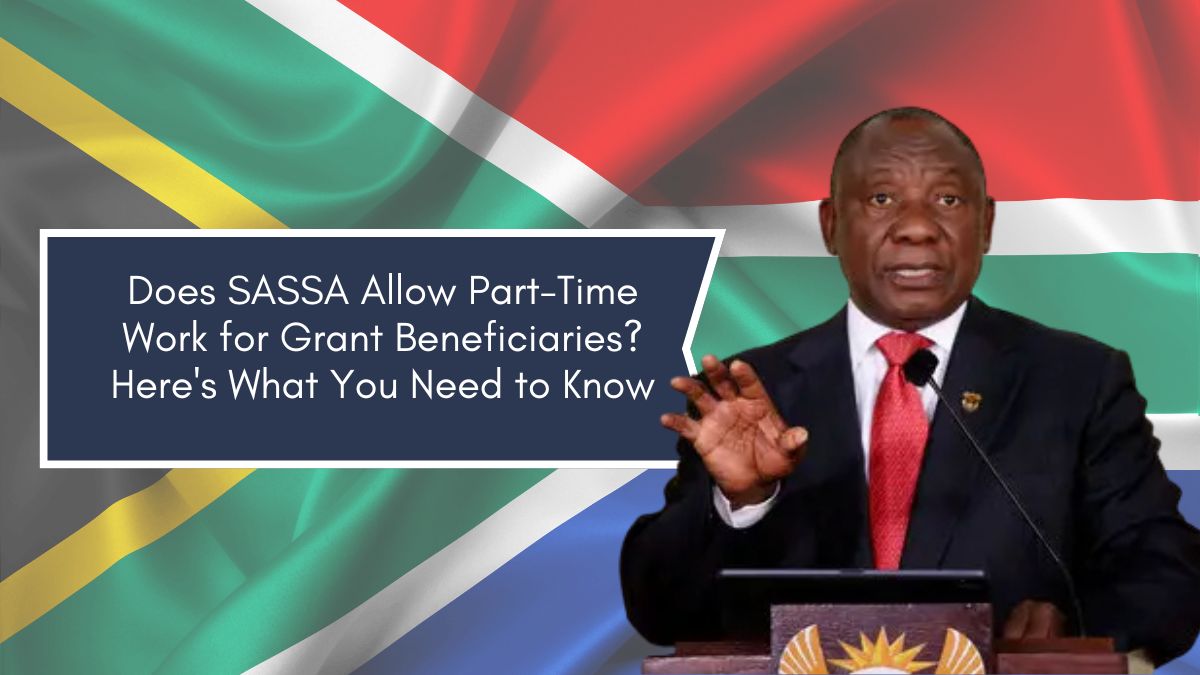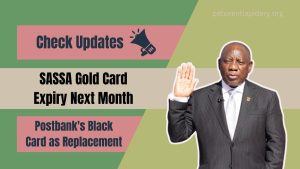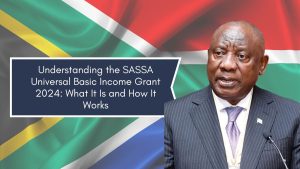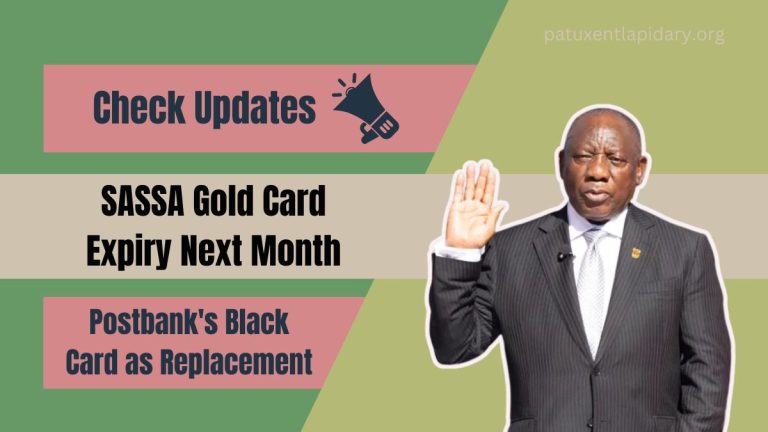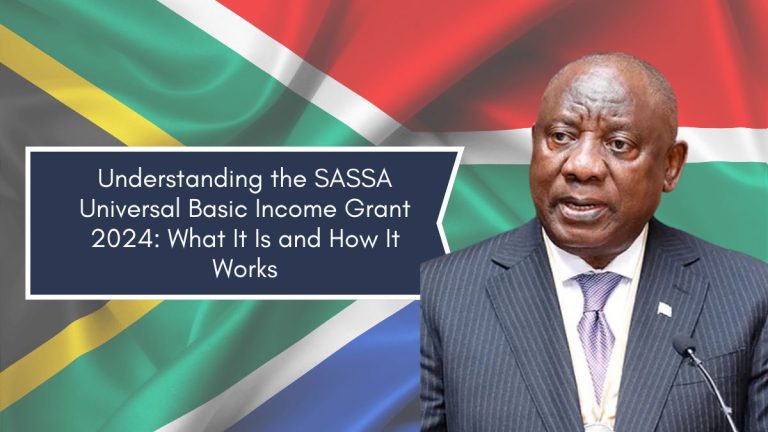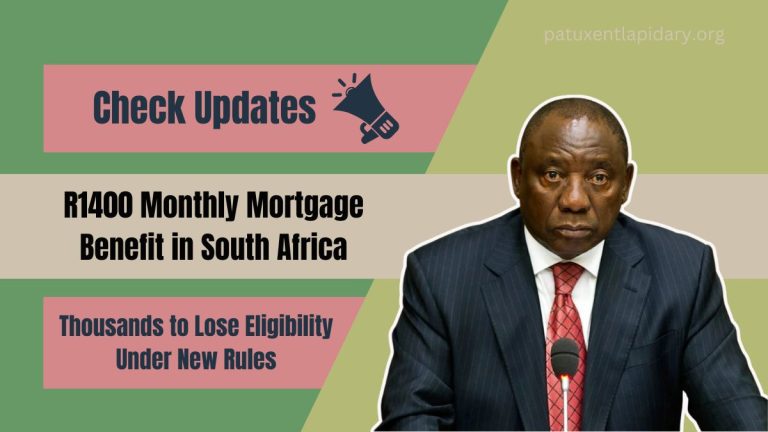The SASSA Disability Grant serves as vital financial assistance for individuals in South Africa who are unable to work full-time due to a medical condition. For many, this grant is a crucial source of income that supports essential needs like food, housing, and healthcare. While some recipients may opt to work part-time for additional income or social engagement, it’s essential to understand how this could affect their eligibility.
What is the SASSA Disability Grant?
The SASSA Disability Grant is a program designed to provide financial relief to individuals with long-term disabilities that limit their ability to engage in full-time employment. This monthly grant helps recipients manage essential expenses and maintain a basic standard of living.
Key Details About the Grant:
- Monthly Amount (2024): R2,080 (subject to government adjustments)
- Primary Uses: Food, rent, healthcare, and other living expenses
Eligibility Criteria:
- Residency Status: Must be a South African citizen, permanent resident, or refugee.
- Age Requirement: Must be between 18 and 59 years old.
- Medical Certification: Must be certified as permanently or temporarily disabled (for 6–12 months).
- Means Test: Income and assets must fall within specified limits.
- State Care Exclusion: Applicants cannot be under the care of a state institution.
Can You Work Part-Time While Receiving the Disability Grant?
Yes, recipients can work part-time and still qualify for the SASSA Disability Grant. However, the income earned from such employment must stay within the limits defined by SASSA’s means test. This ensures that recipients can balance part-time work with the financial security offered by the grant.
Income and Asset Thresholds:
| Category | Income Limit (Monthly) | Asset Limit |
|---|---|---|
| Single Individual | R7,020 or less | R1,313,400 or less |
| Married (Combined) | R14,040 or less | R2,626,800 or less |
Exceeding these thresholds could result in either a reduction of the grant amount or complete suspension of benefits.
What Happens If You Exceed the Income Limit?
If a recipient’s total income, including earnings from part-time work, surpasses the specified limits:
- Grant Reduction: The grant amount may be reduced proportionally.
- Grant Suspension: If income significantly exceeds the limit, the grant may be stopped entirely.
Important Considerations:
- Ensure that part-time work remains manageable both financially and health-wise.
- Weigh the potential income gain against the risk of reduced grant benefits.
Reporting Your Income to SASSA
Transparency is crucial when working part-time while receiving the Disability Grant. Beneficiaries are required to report any income changes to ensure compliance with the program’s rules.
Reporting Guidelines:
- Declare All Earnings: Report all sources of income, including part-time work and freelance projects.
- Provide Documentation: Be prepared to submit financial records, such as pay slips and bank statements, during periodic reviews.
- Undergo Medical Reviews: SASSA may request medical reassessments to confirm continued disability eligibility.
How Do Regular Reviews Affect Eligibility?
SASSA conducts regular reviews to verify that recipients still meet the financial and medical criteria for the grant. These reviews may include:
- Income Assessment: Submission of documents to confirm income remains within acceptable limits.
- Medical Evaluations: Reassessment of the recipient’s disability status to ensure it continues to affect their ability to work.
Benefits of Working Part-Time While Receiving the Grant
Engaging in part-time work offers several advantages beyond financial support:
- Financial Independence: Additional income can help cover costs beyond what the grant provides.
- Skill Development: Working part-time can enhance skills and work experience, useful if health improves in the future.
- Social Interaction: Employment fosters social engagement, which can improve mental health and well-being.
FAQs
What is the maximum monthly income allowed to receive the Disability Grant?
For single individuals, the income limit is R7,020 per month, and for married couples, the combined limit is R14,040.
What happens if my income exceeds the threshold temporarily?
If income exceeds the limit for a short period, SASSA may reduce or suspend the grant. You can reapply once your income returns to acceptable levels.
Do I need to report all part-time earnings to SASSA?
Yes, beneficiaries must report all income sources to SASSA to avoid penalties or loss of benefits.

